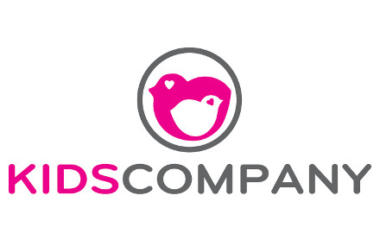The Kids Company story shows no sign of concluding. More than two years after the charity collapsed, we are still awaiting the Charity Commission’s report, and now there is to be High Court hearing that will determine whether the former trustees, and chief executive, were so remiss in fulfilling their duties that they should be banned from holding any company directorships for up to six years.
These proceedings are being brought by the Business Secretary – Greg Clark, a former shadow charities minister – on the advice of the Official Receiver.
For their part, the trustees intend to fight their corner robustly, and have appointed experienced charity lawyer Philip Kirkpatrick to represent them. As headhunter Ian Joseph comments in our news analysis here, it will be good to finally hear their side of the story, to learn how they did conduct their governance of the charity. What cannot be denied is that the charity failed, and had no reserves to fall back on, so it seems fair to question how closely the board were following section 7 in the Charity Commission’s CC3 guidance, Managing your charity’s resources responsibly. Of course it is right that company directors must be held to the same high standards whether they are overseeing commercial businesses or charities – if anything, common sense should dictate that those in charge of charities that support vulnerable or disadvantaged people should be held to higher standards than those that make widgets.
But it is hard to shake the feeling that the government is throwing the book at Kids Company’s trustees in order to deflect from its own role in the fiasco. Let’s not forget that ministers overruled advice from civil servants and handed over another £3m to the organisation just days before its collapse. Yet no sanctions have been brought against them, or any of the other politicians who leapt merrily onto the Batmanghelidjh bandwagon over the years.









